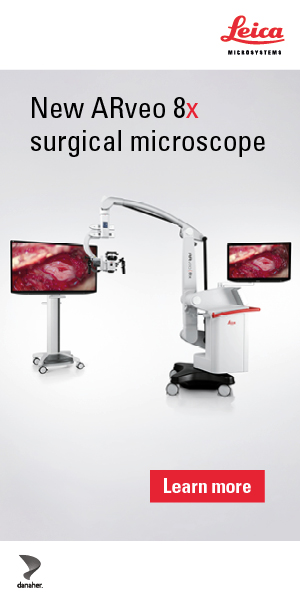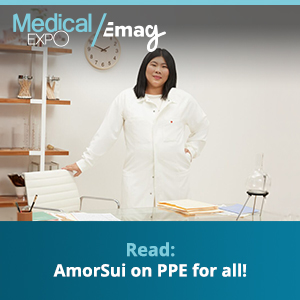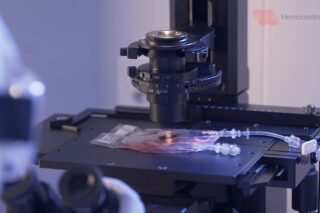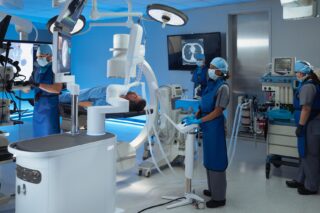Sodipro launched its life sciences section earlier this year. During the Forum Labo in Paris, Sodipro provided visitors with information on eco-responsible alternatives in microbiology and cell culture.
At Forum Labo Paris 2025, Sodipro, a long-standing provider of laboratory solutions since 1963, hosted a talk on March 26 titled Plant-Based Alternatives to Animal Products in Microbiology and Cell Culture. In this session, a company representative introduced eco-responsible alternatives in microbiology and cell culture, focusing on plant-based options as substitutes for animal-derived products.
Sodipro, known for its strong client relationships and deep expertise in chemistry, biology, and physics, is committed to advancing sustainable practices in research. The company distributes laboratory equipment through to consumable operatives. While emphasizing innovation and environmental responsibility, Sodipro caters to the growing demand for greener solutions in laboratory settings.
Although we cannot provide any specific product names or brands, Sodipro is focusing on its collaboration with manufacturers who propose or are finding alternatives for the following product types:
- Fetal Bovine Serum (FBS)
- Used in cell culture.
- Highlighted as ethically problematic and high in carbon impact.
- Peptones in Microbiology Media
- Typically derived from animal sources.
- Sodipro offers plant-based alternatives to these, with “a carbon impact ten times lower.”
- Blood-based Microbiology Media (e.g., Sheep Blood Agar)
- A challenge to replace currently.
- No direct substitute in Sodipro’s product range yet, but research is ongoing.
- Custom Research Applications
- Sodipro adapts solutions to specific client requests, particularly in niche or advanced research areas.
- Sodipro adapts solutions to specific client requests, particularly in niche or advanced research areas.
Looking for serum collection tubes? Browse through different options on MedicalExpo.
Sodipro’s Expansion into Life Sciences as a Response to Eco-responsibility and Ethical Practices
Sodipro, a trusted distributor of laboratory equipment since 1963, is expanding its focus beyond its traditional chemistry roots to embrace the growing field of life sciences.
“Historically, we were more chemistry-focused,” a representative explained during Forum Labo Paris 2025, “and now we want to develop the life sciences range, with products for microbiology, cell biology, and molecular biology.”
The company recently appointed a technical lead to guide this new direction, underscoring its commitment to innovation and responsiveness to emerging scientific needs.
A core pillar of this shift is Sodipro’s strong emphasis on sustainability and ethical responsibility in research practices.
“We’re trying to orient our life sciences product policy around environmental alternatives,” the representative noted, highlighting the industry’s reliance on animal-derived materials. “There’s a huge portion of animals used in research just for producing active components—like fetal bovine serum, which is widely used in cell culture.”
Fetal bovine serum (FBS) is a natural medium used in cell cultures containing the large amount of nutrients necessary for cell growth and is often used for in vitro cultures of animal cells. How’s it made? As explained on Thermo Fisher, cows pass both veterinary pre- and post-mortem inspections. During extraction, blood is drawn via cardiac puncture from the expired fetus in a closed system using best practices to regulate hemoglobin and endotoxin levels. Blood is refrigerated to encourage clotting and processed into raw serum.
Acknowledging the ethical and environmental concerns, Sodipro is actively working with manufacturers to offer eco-friendly alternatives.
“We want to reduce animal products as much as possible and promote more ecological, responsible solutions.”
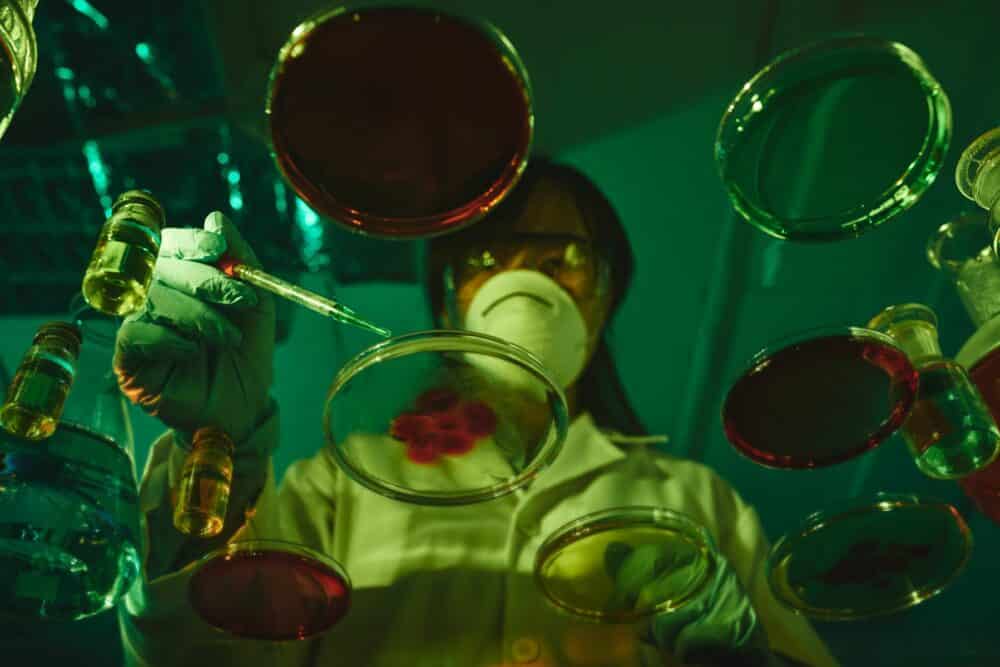
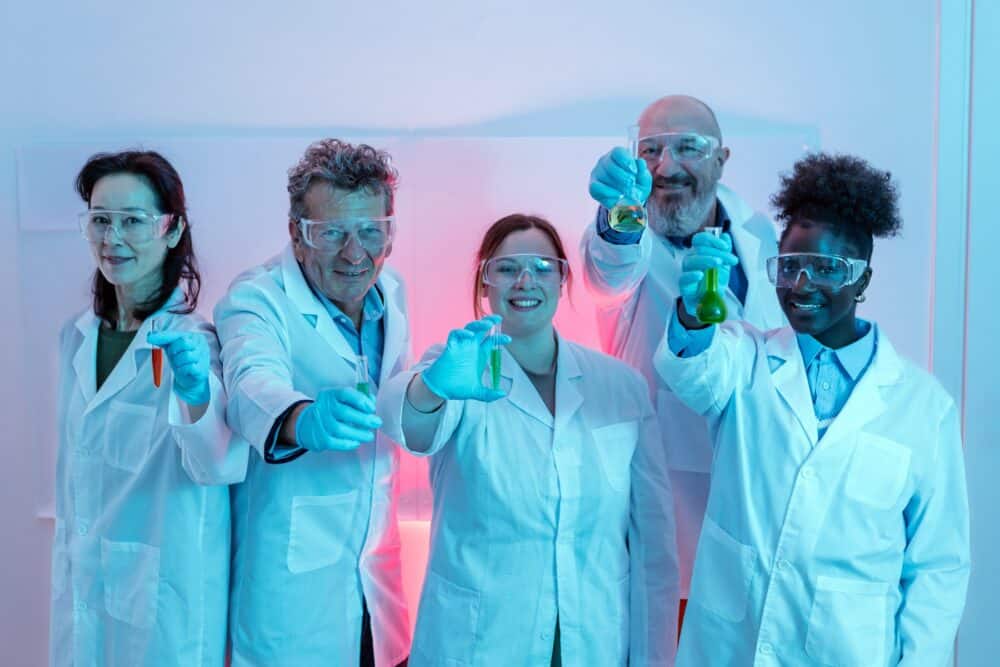
Plant-based Alternatives in Microbiology and Cell Culture
Central to Sodipro’s evolving product offering is its commitment to plant-based alternatives in microbiology and cell culture. The company now proposes media formulations that avoid animal-derived ingredients such as peptones, commonly sourced from animal matter.
“We offer a range of microbiological media that provide a plant-based alternative,” the representative shared. “These have a carbon impact ten times lower than animal-based products, which can make them more economical and responsible, all while maintaining scientific relevance and reliable results.”
This shift toward eco-responsible options is also being driven by clear market interest.
“Thanks to the trade show, we’ve made a lot of new contacts—people looking to replace their products and reduce their carbon footprint,” the representative noted.
Sodipro’s approach is deeply client-centric, involving direct consultation to identify technical needs and sourcing appropriate solutions through its network of manufacturers.
“We adapt our products to fit the needs, and it’s through those needs that things must evolve,” he added.
This personalized, solutions-based model allows Sodipro to meet both routine and highly specific research demands while staying aligned with ethical and environmental goals.
Logistical and Technical Challenges as well as Operational Strategies
Despite the progress, Sodipro acknowledges the ongoing challenges in replacing certain animal-based components.
“For example, in microbiology media that contain blood—often sheep blood—there’s no direct substitute in our current range,” the representative admitted. “But we’re trying to find alternatives. There are theses underway and research in progress because it’s something that aligns with the current movement.”
This reflects a broader awareness within the scientific community, which is increasingly factoring carbon impact and ethical considerations into research design.
“We’re at the beginning of a collective awakening in scientific research,” he added. “It’s the right direction, and we hope it continues.”
To support this transition, Sodipro is also refining its operations.
“We try to group deliveries,” he explained, emphasizing their effort to reduce emissions from logistics.
At the product level, the company focuses on flexibility and responsiveness, especially when addressing highly specialized research requests.
“Even if we’re not internal specialists in every field, we can always get the right information and adapt,” he said.
By maintaining strong ties with clients and manufacturers, Sodipro ensures that its eco-conscious solutions remain technically robust and tailored to evolving scientific demands.
“The goal is to find a good balance between current practices and new technologies, to reduce as much as possible—without sacrificing scientific quality.”


